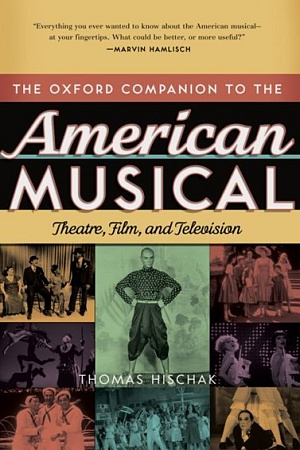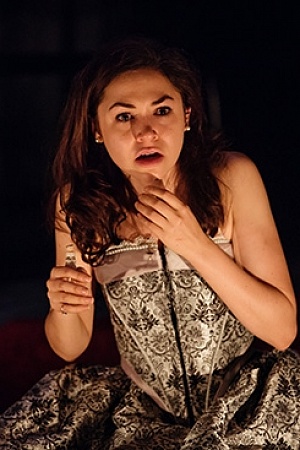Cost of Living
.jpg)
‘The shit that happens is not to be understood,’ declares the character Eddie Torres in the first line of Martyna Majok’s Cost of Living. Eddie, played by a beautifully burly Philip Quast, inaugurates the play with this bald statement of life’s incomprehensibility. Some are born rich and safe; others into abuse and strife. Some get to inhabit their bodies easily, and stride through life in the blithe pleasure of good health; others experience infirmity and disability and the cruel prejudice afforded to non-normative bodies. Some experience caring and being cared for as a source of security and love; for others, giving and receiving care invites coercion and distress. And try as we might, the unfairness of these myriad inequities seems to defy comprehension; they elude our meaning-making capacities. This is the ‘shit’ that ‘is not to be understood’. What cannot be understood is the cost of living; the cost of its pain, losses, and intimacies.
Continue reading for only $10 per month. Subscribe and gain full access to Australian Book Review. Already a subscriber? Sign in. If you need assistance, feel free to contact us.















Leave a comment
If you are an ABR subscriber, you will need to sign in to post a comment.
If you have forgotten your sign in details, or if you receive an error message when trying to submit your comment, please email your comment (and the name of the article to which it relates) to ABR Comments. We will review your comment and, subject to approval, we will post it under your name.
Please note that all comments must be approved by ABR and comply with our Terms & Conditions.